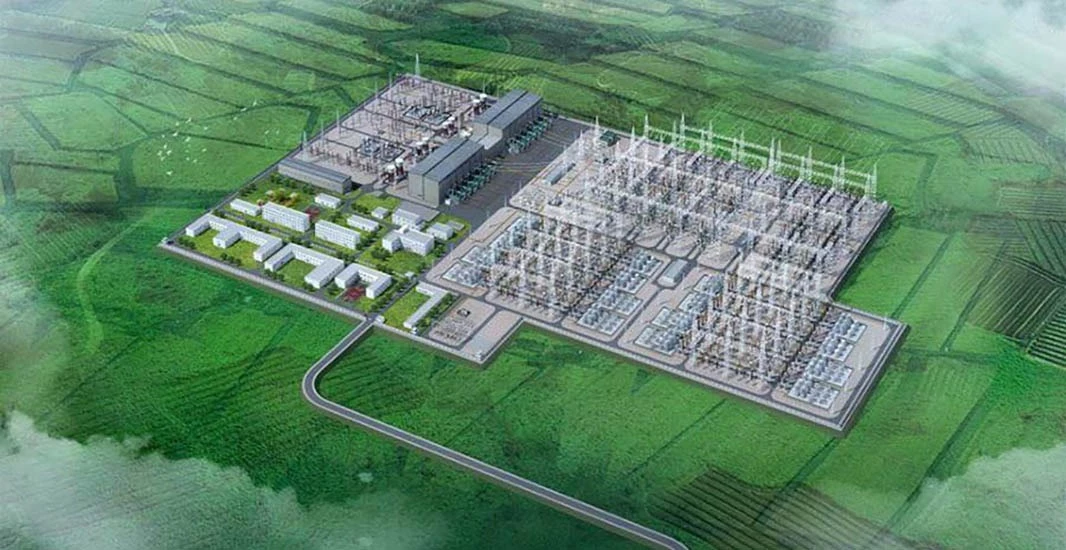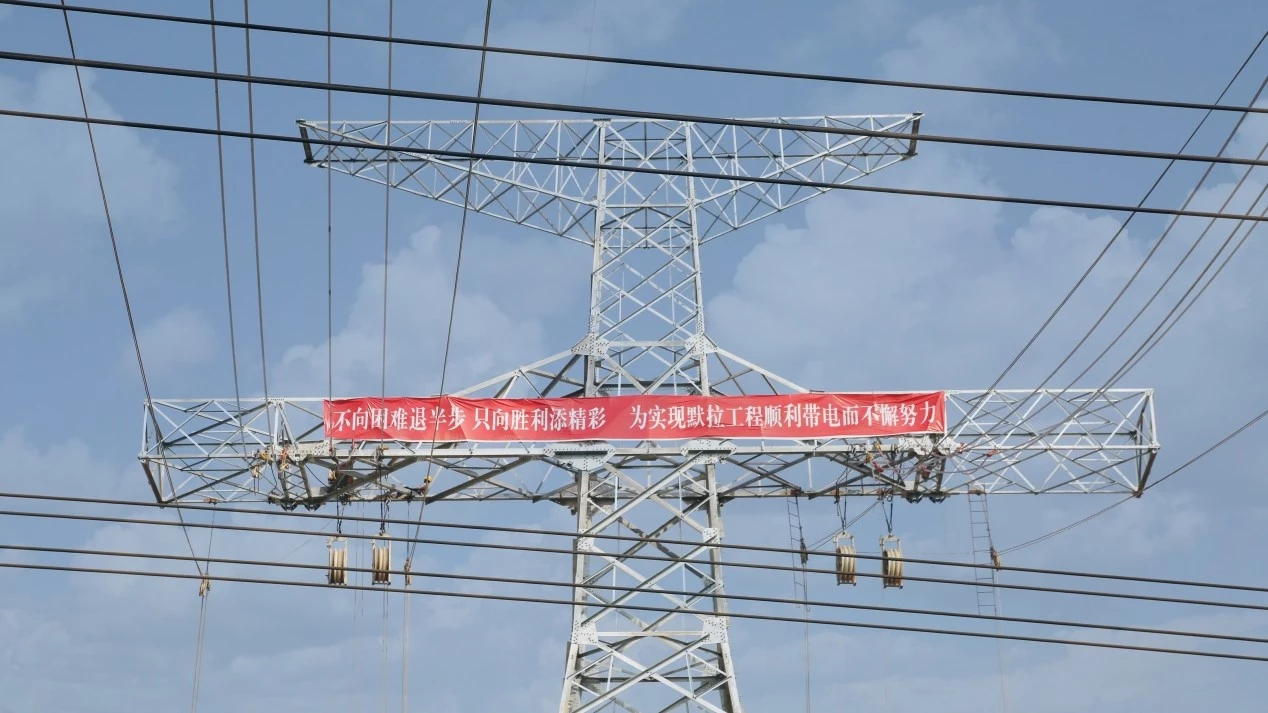China is a reliable partner in Pakistan’s development process

Stay tuned with 24 News HD Android App

I have been to China umpteen times but whenever an opportunity arose, I was delighted in a manner as if it is going to be my first visit. I was no less enthusiastic as compared to those who were going to visit this friendly neighbour for the first time. The basic reason is that during every next visit, I witnessed a new China emerging on the world map as a most powerful and rapidly prospering country. It is not only that China has operated the fastest bullet train, its development speed is no less and is skyrocketing.
This time an 8-member delegation comprising media representatives was invited by the Lahore Consulate of China to undertake a seven-day visit to the People’s Republic of China to enhance people-to-people exchanges and to present a true, multi-dimensional and panoramic picture of where China stands today. Of course, I was one of the members including my colleague at the City 42 Group, Naveed Chaudhry who later proved to be an excellent companion while travelling abroad.
At a briefing session at the Lahore Consulate by Consul General, Zhao Shiren the members of the delegation were briefed about the schedule of meetings arranged and details of our movement during the stay. It was a very hectic programme chalked out by our host China Economic Net, yet all of us were very excited about the itinerary so no one raised any objection.
However, a unanimous desire was expressed to add a few attractions including a visit to the Palace Museum and travelling on the bullet train. Mr Zhao was very accommodating and, to our delight, got the requests added to the itinerary during the briefing session.
The delegation was headed by Syed Ahmad Nadeem Qadri, Director General Operation, Nawa-i-Waqt Group and other members besides me including, Khawar Abbas, Senior Vice President of Punjab Union of Journalists and Special Correspondent of The Nation, Nasir Jamal, Bureau Chief Lahore of Dawn newspaper, Azam Chaudhry President of Lahore Press Club, Naveed Chaudhry Chief Editor Daily City 42 Newspaper, Syed Muhammad Mehdi, Chairman Institute of International Relations and Media Research and Mian Saifur Rehman, Editor Reporting, the News International, Lahore.
Our journey officially had to start at Islamabad International Airport and from Lahore to Islamabad, we were on our own. Azam Chaudhry being a great manager and organiser offered to make transport arrangements. On the morning of May 23, all members of the delegations assembled at the offices of the Director General Publis Relations. At 1 pm, we were on our way to the capital city by Lahore-Islamabad Motorway. We were received by the Press Information Department’s Protocol Officer Mr Maqbool courtesy of PIO Mubahsir Hassan.
The check-in process was smooth but suddenly Nasir Jamal felt very low on his blood sugar and almost collapsed. Thanks to the ASF staff, some fruits and bakery items were hurriedly arranged and after about 15 minutes, he felt better. So we proceeded to the boarding area.
It was a little before our check-in process that we were informed that the Air China flight CAR-946 would first fly to Karachi and after an hour and a half stay within the place would take off to Beijing which would take more than seven hours.
We landed at the Capital International Airport (PEK) on May 24 at 10.15 am which is one of two international airports serving Beijing, the other one being Beijing Daxing International Airport (PKX). It is located 32 km northeast of the capital city centre. The airport is owned and operated by the Beijing Capital International Airport Company Limited, a state-controlled company.
It may be mentioned that it had become the busiest airport in Asia in terms of passenger traffic and total traffic movements by 2009. This is also worth mentioning that the Beijing Airport was inaugurated on March 1, 1958, and the first International flight to China and Beijing Capital International Airport was by Pakistan International Airlines from Islamabad.
At the airport, we were received by Ms Katie, Ms Marrium (also known as Michelle), Ms Chen and Mr Zhang. We were driven by a coach from the airport to a restaurant before checking into Hotel Huabin. This is interesting that the Chinese go to lunch at noon and dinner at 6 p.m. We had to reconcile and adjust to this time.

Once in China, the first shock every visitor has to confront is the language barrier. No Chinese will volunteer to talk in English or any other language but Chinese. However, to ensure an acceptable level of communication, waiters at restaurants and salesmen at shopping malls would record your question on a mobile phone and then get its translation before responding to your query. However, during our scheduled meetings, the speaker talked in English and an efficient interpreter did an excellent job of making things easier for us to learn.
After checking in the hotel and a short break, we were driven to the head office of State Grid Corporation of China which is commonly known as the State Grid and is a state-owned electric utility corporation. It is the largest utility company in the world, The State Grid Corporation of China was founded on December 29, 2002.
China has actively participated in laying of the 878-km Matiari-Lahore transmission line which was financed and built by the State Grid Corporation which will operate it for the next 25 years. More than 1,300 Chinese and 6,500 Pakistani workers were employed on the project. The transmission line project is another example of how the China-Pakistan Economic Corridor (CPEC) has contributed towards improving people’s livelihood and economic development in Pakistan. This is the first direct current transmission line in Pakistan that spreads on the vast desert in the eastern part of the country spanning most of the areas in Sindh and Punjab. It is also the only key grid project under CPEC projects.
The State Grid has earned a great reputation for building major projects in different parts of the world and with every passing day it is expanding its reach to the remaining parts of the globe.
In the Philippines, the State Grid on December 12, 2007, won two consortia bids for a 25-year license to run the Philippines power grid—privatization of the management of the government-owned National Transmission Corporation. In Portugal, State Grid has a 25 per cent stake in REN since the second stage of its privatization (in 2012–2014). In Australia, State Grid owns a 41 per cent stake in ElectraNet, a 19.9 per cent stake in AusNet Services, and a 60 per cent stake in Jemena.
Similarly, In Brazil, State Grid acquired the control of CPFL Energia S.A. for the equivalent of US $ 3.4 billion in 2017. State Grid built the 2000 km Ultra High Voltage power line delivering hydropower to the megacities Rio de Janeiro and São Paulo. In Chile, State Grid acquired Chilquinta Energía, the third-largest distributor of electricity, and Tecnored SA, which provides construction services to Chilquinta, from U.S. power company Sempra Energy. The deal was closed on June 24, 2020.
During the briefing to the members of the delegation, the senior officials of the State Grid praised the cooperation of the Pakistani government and the residents of the areas where the transmission line was being laid. They expressed the determination of undertaking more projects in Pakistan to strengthen the existing reliable and time-tested relations between the two neighbourly countries in this region.
With this came the end of our day’s engagements and we returned to the hotel which is located in an ideal area of the capital city. Our host ladies briefed us on what tomorrow's activities are and advised us to wake up early for breakfast since the delegation will leave the hotel at 9 am.
(Continued)
